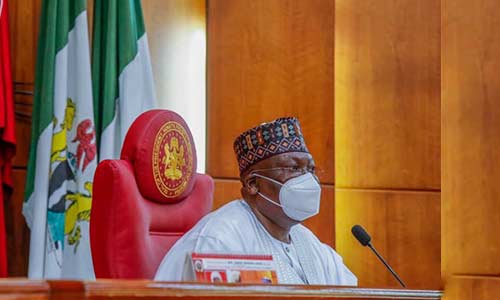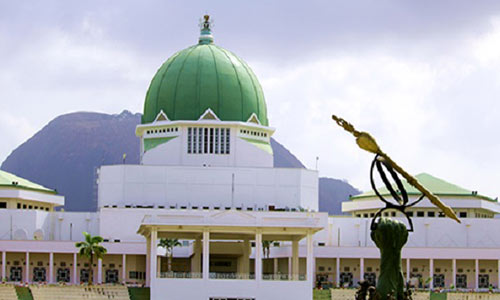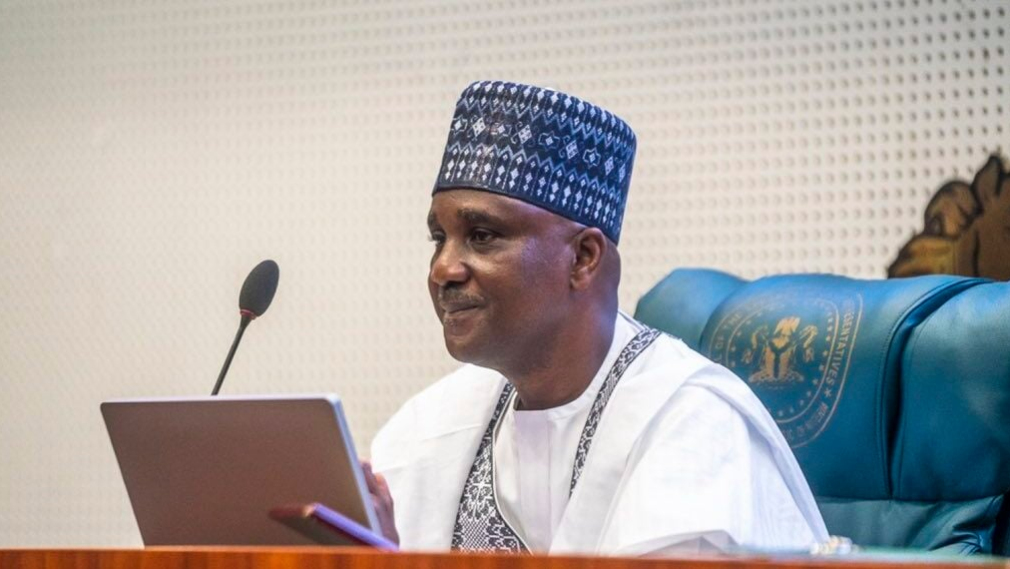Supreme Court’s Ruling On Electoral Act Vindicates NASS — Lawan

Senate President Ahmad Lawan has described the ruling of the Supreme Court on a suit challenging its action on section 84(12) of the Electoral Act 2022, as a landmark judgement and vindication for the National Assembly.
The Supreme Court had in its ruling last Friday threw out a suit filed by President Muhammadu Buhari and the Attorney-General of the Federation and Minister of Justice, Abubakar Malami SAN, seeking to void the provision of Section 84(12) of the Electoral Act, 2022.
In its judgement, a seven-member panel of the Apex Court, headed by Justice Musa Dattijo Mohammed, unanimously held that Buhari, having participated in the making of the law by assenting to it, could not turn around to fault its provisions.
The court, which upheld the objections raised by the National Assembly and other defendants against the suit, declined to determine it on its merits but declared that the Supreme Court lacked the jurisdiction to hear it, and that the suit was an abuse of court process.
Justice Emmanuel Agim, in the lead judgement, held that it was an attack on the democratic principle of Separation of Powers, for the President to seek to direct/request the legislature to make a particular law or alter any law.
Lawan made this assertion at plenary in reaction to a point of order on a matter of urgent national importance moved by the former Senate Leader, Senator Yahaya Abdullahi (Kebbi North).
The Senate President said the National Assembly would amend the Electoral Act 2022, to remedy weaknesses observed in the law before its tenure expires next year.
Lawan said: “Let me say that this is one major landmark judgement by the Supreme Court, that the National Assembly had done their job and the court upheld it.
“The idea of what method of primaries should be adopted at the moment is entirely left for the political parties to decide.
“But as we implement the Electoral Act 2022, we are supposed to be very observant of the strengths and weaknesses of the law.
“This law is supposed to improve on the electoral processes and procedures in our country.
“So, it is for us to ensure that where there are weaknesses, we try to come up with measures and amendments to deal with the issues of weaknesses in the law.
“And, I’m sure it will come full circle when the 2023 elections are held.
“I have no doubt in my mind that all of us in the National Assembly, not only in the Senate, but in the House as well, feel that we must do everything and everything possible to make this Electoral Act serve the purpose for which it was passed and assented to.
“Therefore, I believe that we should work tirelessly to take note of those areas that we feel are not strong enough – that are weak points in the law – with a view to strengthening them before we finally take our exit in 2023.”
Citing Order 42 of the Senate Standing Orders, Senator Yahaya Abdullahi had lauded the 9th Assembly for resisting the pressure from the executive to amend section 84(12) of Electoral Act, 2022.
He also applauded the apex court for the clarity, decisiveness and unanimity of its verdict in upholding the separation of powers principle enshrined in the 1999 Constitution.
He said the Supreme Court’s verdict is a major victory towards true democratic governance anchored on the rule of law.
Abdullahi said: “In my view, the Supreme Court verdict should be celebrated for the following reasons:
“It restored and anchors the power of making laws to the National Assembly; and establishes a principle that once the President assents to a Bill, he/she can’t approbate and reprobate, i.e. he/she cannot go to the courts to amend/reject the Bill in part or in whole.”
The ex-Senate Leader, however, underscored the need to amend the Electoral Act to revert to the Direct mode of primaries.
“One issue still remains outstanding, and that is amending the Act (after the 2023 elections) to revert to our earlier stance on Direct primaries.
“Our recent nasty experience of the misuse of consensus and delegate system has vindicated our earlier position on the merit of direct primaries provided that a verifiable membership register of political parties kept simultaneously at the Ward level and with INEC with all the necessary safeguards against corruption and data manipulation, is put in place.
“As the political process towards 2023 unfolds, the National Assembly needs to be observant of the loopholes and weaknesses of the 2022 Electoral Act, so that a comprehensive assessment is undertaken to provide adequate grounds for making amendments to the Act before the end of the term of office of the 9th Assembly in May 2023”, Abdullahi said.



